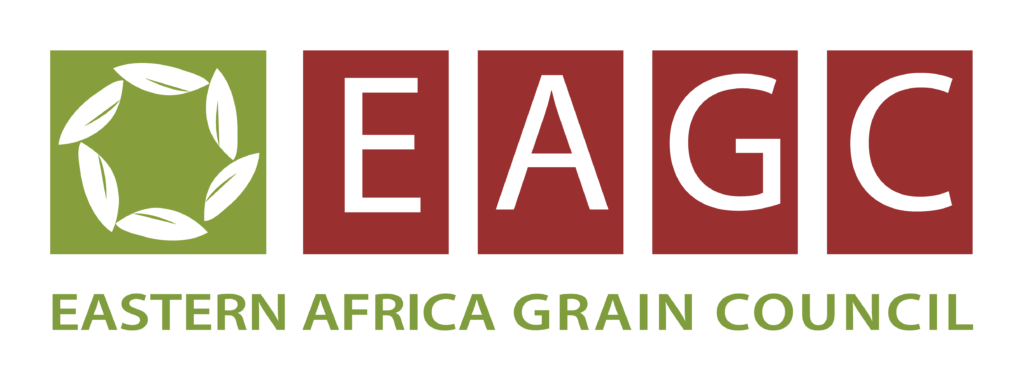EAGC in partnership with the International Grain Trade Coalition (IGTC) hosted a virtual Global Grain Trade Round Table on the animal feeds supply crisis in East Africa region, with a closer focus on Kenya, on the 8th March, 2022.
The feed situation in Kenya is worsened by its heavy reliance on imported raw materials, where some of the raw materials such as maize and cotton seed cake are sourced from neighboring countries, while others like soya and sunflower cake are sourced from China. A global shortage of most of the ingredients and associated increase in prices have significantly increased feed costs. This, coupled with the effects of the Covid-19 pandemic, present a looming crisis where the cost of dairy and poultry as well as their products will increase sharply.
The Round table that was attended from across the globe -Argentina, Canada, Kenya ,Malawi, USA, Russia , Rwanda, Singapore, South Africa, Switzerland and Uganda sought to help global stakeholders understand the current state of affairs in the feed sector in Kenya and its contributing factors, and further engage global stakeholders on potential short- and medium-term solutions to support the feed sector in the country.
During the round table discussions, industry players noted the need to build the capacity of livestock farmers to follow quality and standards parameters while mixing feed. In addition, Low Level Presence was identified as a potential non-tariff trade barrier in the case where GMO exports are not approved by importing countries; and the nearly inevitable mix up of GMO and non-GMO feed due to the potential and realities of the production and handling of grains in the systems. It was however noted that where Low Level Presence is becoming a trade barrier, there is an existing platform – the Global Low Level Presence Initiative (GLI) that can help solve the matter in addition to policy solutions that have been developed within IGTC.
Participants were asked to be in cognizant of the need to consider the global environment where supplies of grains, oil seeds, pulses and agri-bulks are being rationed largely due to global political decisions which will further exacerbate the situation. It was noted that harmonization and compatibility with a global set of rules and science-based decision making will be critical to contribute to the global food security.
The roundtable provided the following recommendations:
- Leverage on the public private partnership for investment in the Kenya government idle land
- Kenyan animal feeds manufacturers to explore sorghum importation as a viable option as the commodity is GM free in US given the current GMO ban in Kenya
- Consider importation of Dry Distillers Grains and Soluble (DDGS) which have no evidence of germinating on the ground
- Need to consider growing commodities locally including GM crops for animal feeds.
- Local utilization of technology to remove aflatoxin contaminated grains which can be considered for animal feeds though Ozone treatment to reduce aflatoxin
- Consider regulation of mycotoxin binders which is still not yet regulated in Kenya
- Consider alternative sources of protein for animal feeds manufacturing for raw materials especially soya, cotton and sunflower cake which are the most expensive raw materials
- Consider advocacy and importation of commodities with Low Level Presence of GM which is likely to be experienced in consignments of non GM grains due to the potential and realities of the production and handling of grains in the systems.

